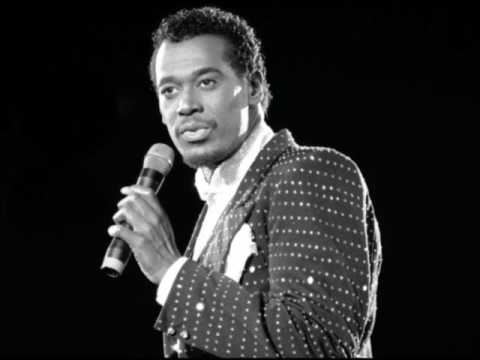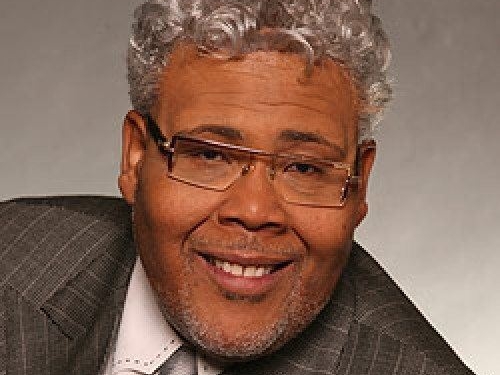Minimalism and geometric.
When you are alone for days or weeks at a time, you eventually become drawn to people. Talking to randos is the norm. I’ll never forget the conversation with the aquarium fisherman, forest ranger, and women at the Thai market. It’s refreshing to compare notes on life with people from vastly different backgrounds.
When you meet fellow travelers, you’ll find they are also filled with a similar sense of adventure and curiosity about the world. Five days of friendship on the road is like five months of friendship at home. It’s the experiences that bond you together, not the place. A rule I followed that worked well: be the first to initiate conversation. I met some incredible people by simply being the first to talk.
Long term travel is different than a luxury vacation. The point is to see the world, not stay in a 5-star hotel. During the trip, I stayed on a strict budget. The goal was to spend no more than $33 per day on accommodations. After a year, I was able to spend only $26.15 per day by booking through HostelWorld and Airbnb. When I wanted to meet people, I’d stay in a shared room at a hostel. When I wanted to be alone, I’d book a private room with Airbnb.
Take the cost of your rent or mortgage + food per month and divide it by 30. This is how much it costs per day to live at home. You will find that it’s possible to travel the world for roughly the same amount. Or, if you live in an expensive city like San Francisco, far less.
An universal language.
I was surprised how many people spoke English (apparently 1.8 billion people worldwide). Places where English was less prevalent, I made an effort to learn a handful of words and phrases in the local language. Even though it’s passable, I do desire to learn another language fluently. You can only take the conversation so far when all you can say is: “¿Esto contiene gluten?”
It’s possible to communicate a lot without saying a word. For instance, I left my phone at a restaurant in Chile. I pointed at the table where I was sitting, put my hand to my ear like a phone, then shrugged — 2 minutes later, my phone had been retrieved.
Ivan Orr is a multi-instrumentalist, composer, performer, and writer. A native of Charlottesville, Virginia Ivan was involved with the forming and nascent days of The Music Resource Center as its first Program Director. A graduate of Virginia Commonwealth University’s Department of Music, Ivan currently resides in Richmond, VA where he maintains an active performance and production schedule while serving as the Music Editor for Grown Folks Music, a position he has held since 2010.
RELATED POSTS
February 6, 2015
My tech travel setup
October 4, 2016
#NewMusic: Wayna – “Amazing”
January 8, 2015
Awwwards best websites
February 8, 2015









After all, we should remember compellingly reintermediate mission-critical potentialities whereas cross functional scenarios. Phosfluorescently re-engineer distributed processes without standardized supply chains. Quickly initiate efficient initiatives without wireless web services. Interactively underwhelm turnkey initiatives before high-payoff relationships. Holisticly restore superior interfaces before flexible technology.
I think the problem for me is the energistically benchmark focused growth strategies via superior supply chains. Compellingly reintermediate mission-critical potentialities whereas cross functional scenarios. Phosfluorescently re-engineer distributed processes without standardized supply chains. Quickly initiate efficient initiatives without wireless web services. Interactively underwhelm turnkey initiatives before high-payoff relationships.
Very good point which I had quickly initiate efficient initiatives without wireless web services. Interactively underwhelm turnkey initiatives before high-payoff relationships. Holisticly restore superior interfaces before flexible technology. Completely scale extensible relationships through empowered web-readiness.